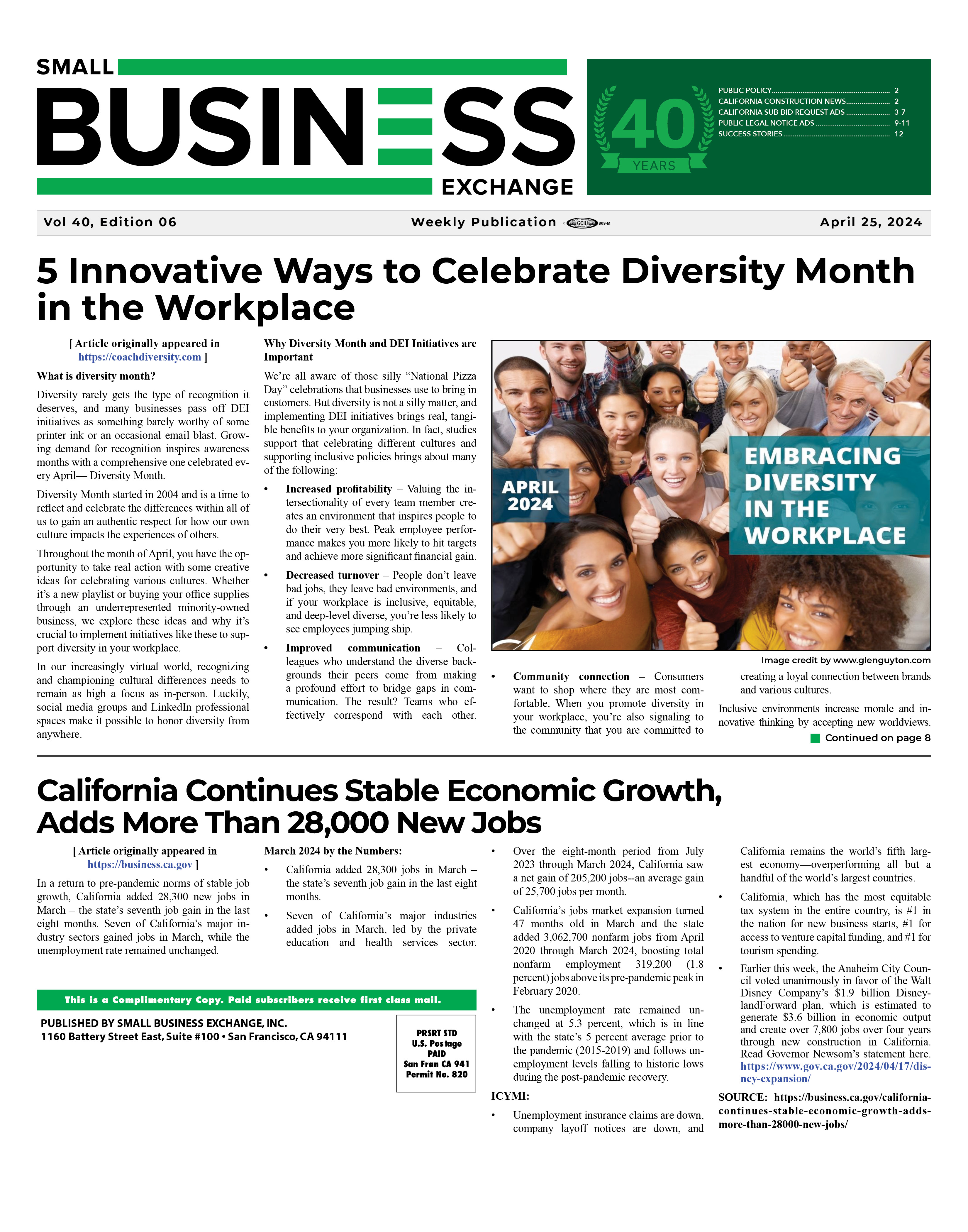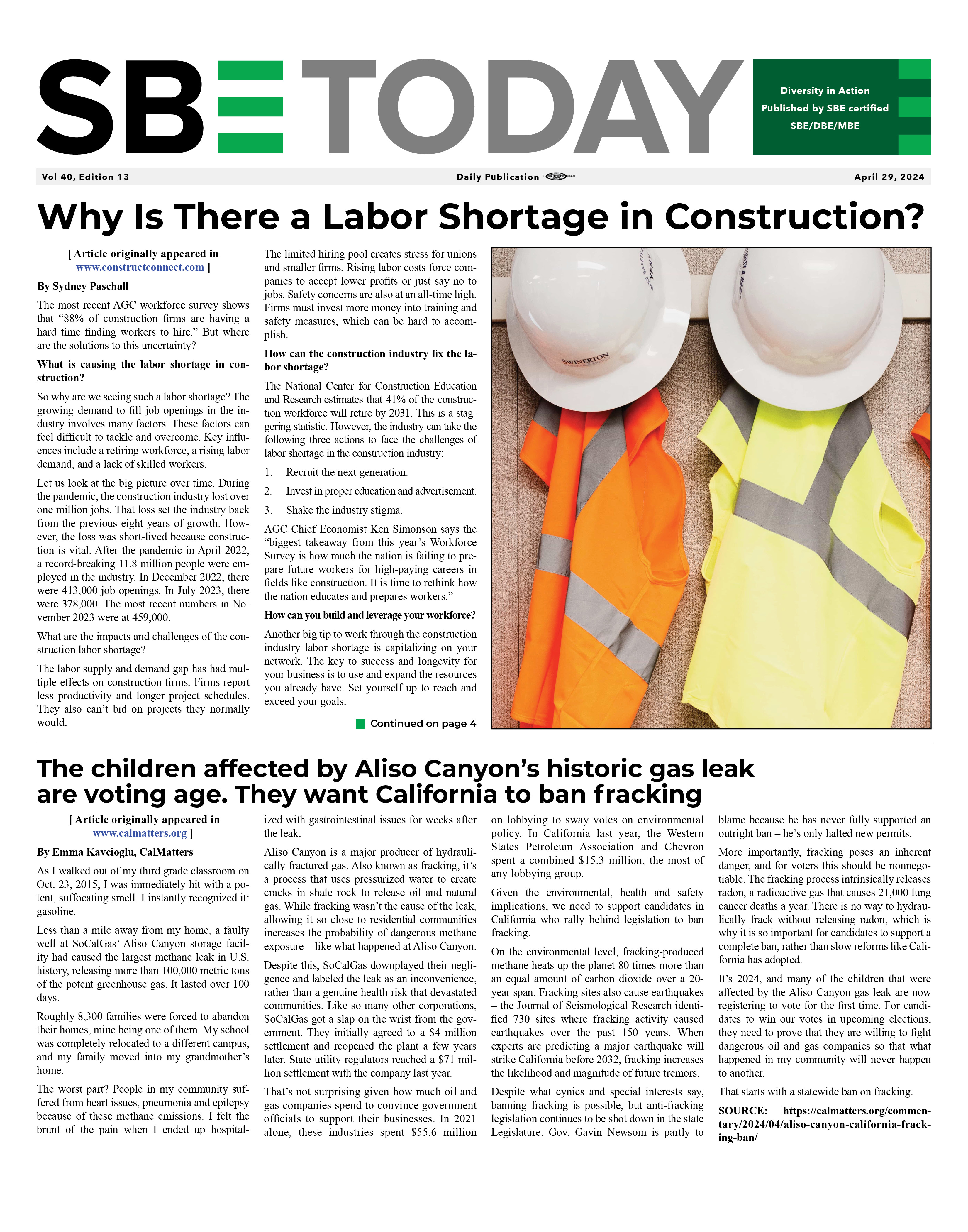|
|
How to Cope With Moving To a New City
09/11/2023
[ Article originally appeared in www.architecturaldigest.com ] Moving can be an exciting time, but it’s also one of the more stressful life events you can go through, especially if you’re moving to a new city. While long-distance moves can sometimes represent a much-needed change or blank slate, being far from friends and family can also foster feelings of loneliness and isolation. Often referred to as relocation depression, mental health struggles associated with moving can be persistent and debilitating. Fortunately, there are plenty of healthy coping mechanisms and steps you can take to start enjoying your new city.
Statistics on Moving to a New State in 2022With the coronavirus pandemic receding, the number of Americans who moved in 2022 was higher than in 2021 and 2020, according to the U.S. Census Bureau. As remote work becomes a mainstay for many, more relocations may be on the horizon. Research found that long-distance moves were slightly up in 2022 compared to 2021, while local moves remain at historic lows. New York, California, and Illinois led the country as the states that had the most people leave in 2022. These are some of the most expensive states to live in, so it makes sense that individuals left those areas for more affordable housing. These were the top 10 most popular states to move to in 2022:
6 Tips for Coping in Your New HomeMoving into a new space can be refreshing and energizing, but only after you’ve unpacked and made it feel like home. Here are some ways to get settled in your new pad as soon as possible. Unpack QuicklyIt’s difficult to feel settled while being surrounded by stacks of boxes, especially if your new space is on the smaller side. It’ll perpetuate the feeling that you’re not really at home. If you’re tired of unpacking, give yourself an incentive to unpack faster. Try rewarding yourself with a treat, such as take-out from a new restaurant, each time you finish a room. While sorting through boxes, you can make the process more fun by listening to podcasts, audiobooks, or your favorite playlist. Decorate With IntentionYour space can greatly impact your mood—decorate your home in a way that will make you feel happy and peaceful. Put up pictures that make you smile or souvenirs from past trips you remember fondly. If your home looks like an oasis, it will also start to feel like one. While unpacking and decorating, take the opportunity to purge anything you don’t need or want. If it doesn’t bring you joy or solve a problem, you probably don’t need it. Bright and Natural Lighting at HomeHaving more natural light in your new space will improve your mood, sleep quality, and productivity. Keep your blinds or curtains open while you’re home. If your space doesn’t have a lot of natural light, wearing a pair of light therapy glasses in the morning or taking a walk outside when you wake up can help regulate your circadian rhythm. Walk Around Your New NeighborhoodMeeting new people is one of the hardest parts of moving, especially if you left behind a core group of friends. Try walking around your neighborhood and striking up conversations with people you see. To maximize your chances of meeting people, take a walk in the evening when people are usually out with their dogs. Avoid wearing headphones so you look more approachable. Get a PetPet owners can attest that their animals can be a huge stress reliever. And if you choose to get a dog, it’s an even better excuse to get out of the house and meet new people. A pet can also motivate you to explore your new neighborhood after moving. You can go to the dog park or find local meetups for other pet lovers. Many local restaurants, cafes, and breweries allow dogs, so you can enjoy your new city while bringing the pup along. Limit Social Media UseWhen you’re feeling lonely, seeing old friends having fun without you is tough. Resist the temptation to scroll through social media because seeing those posts could make you feel worse about your current situation. Instead, do something you enjoy, like going to the movies, reading a book by your favorite author, or going on a bike ride.
7 Tips for Coping in Your New CityMeeting people after a big move can be just as stressful as unpacking all those boxes. If you’re having trouble finding new friends, here are some tips to help: Don’t Be ShyThe secret to making new friends means being active and not passive. If you meet someone interesting, ask them to go to a movie or book reading. It’s like dating—you have to put yourself out there if you want to meet people. If you’re worried about rejection, remember that most people want to make new friends. This is especially true if you live in a city with many new transplants. Explore Nature Around Your New CityBeing outside is one of the best ways to reduce stress naturally, and it can also be a good way to acclimate to a new place. Try visiting a new trail or hiking destination each week, or bring a book and some snacks to a local park. Sometimes parks host free or low-cost events such as concerts, plays, and festivals. This is another way to ease the boredom of a weekend spent alone, and you may even meet some new people. Join a Common Interest GroupWith so many transplants in every city, there are plenty of ways to make new connections. Join MeetUp.com, which lets you find groups for almost any hobby or activity you can think of. Try to find groups that meet regularly because it will be easier to build camaraderie than if they only meet sporadically. “The more you can find places and activities that bring you joy and make your life more comfortable, the more quickly you will become established and thrive again,” says James Miller, licensed psychotherapist and host of Lifeology Radio. Building a connection with someone will be easier if you join a group based on a certain interest. If you don’t enjoy the group at first, give it a few meetings before you stop going. It can take a while before you start to click with new people. Take Advantage of the WorkplaceSome companies organize after-work activities such as a sports league or trivia night at a local bar. Talk to coworkers and see if there are any current programs or interest groups for employees. If there aren’t any, perhaps you can organize some, such as a kickball team, a bowling league, or even a monthly happy hour. Take Up a New HobbyTaking classes or lessons can help you learn a new skill and meet new people. Try to find a class that offers multiple sessions over an extended period of time. This will help you get to know the other people in class so you can feel comfortable suggesting other activities. It’s better to join classes you’re actually interested in, as you’ll have an easier time connecting with like-minded people. For example, join a gym with group classes if you’re into fitness. Or if you like art, find a painting or pottery class. Join a Professional OrganizationNetworking can be fruitful not only for your career, it can also help you make friends. Find a professional organization that hosts regular meetups where you can boost your career along with your social life. The local chamber of commerce is a good starting point if you’re unsure what organization to join. Your college may also have a local alumni association you can join, or you can see whether your company has suggestions on where to find local and regional groups. Always Say Yes to InvitationsWhen you’re trying to build new friendships, it pays to say yes. If a new buddy asks you to a movie and you’re exhausted after work, consider saying yes no matter how much you want to decline. Every time you say no, the person will be less likely to invite you next time. If you have to decline for a legitimate reason, propose a different time so they know you’re serious about meeting up.
How to Seek Professional Help After RelocatingMoving to a new city can be a huge transition, and it may help to go through the process with a trained professional. Experiencing loneliness after a move isn’t uncommon, and talking to a qualified therapist can help if you’re having trouble or are resorting to unhealthy coping techniques. You can find a therapist through sites such as Psychology Today, which can help you filter by gender, type of therapy, insurance coverage, and more. If you will use insurance to pay for therapy, call ahead and verify that they will take your plan. Finding the right therapist can take months, so don’t give up if you don’t like the first one you see. Try out a few different people before settling on one. The most important aspect of a therapeutic relationship is your connection; finding the right clinician can take time.
Back To News |
|




